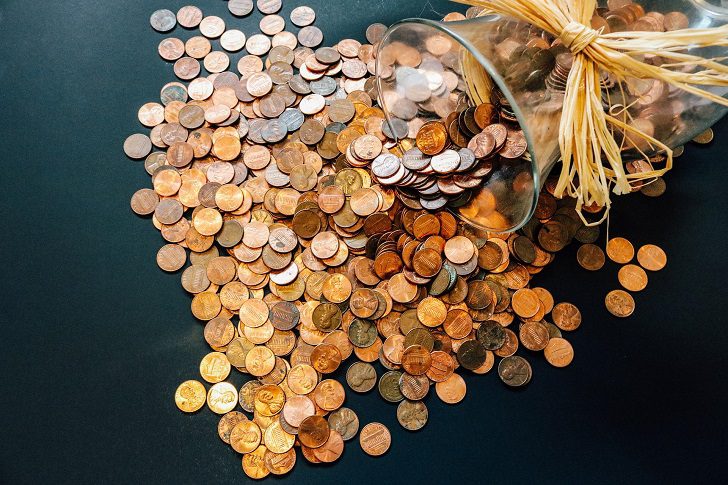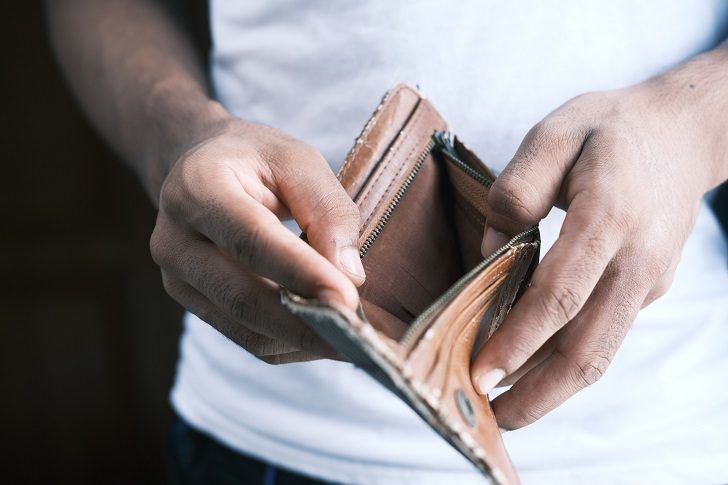Covid with all its self-isolation and uncertainty was surely a financial lesson in saving for a rainy day, a lesson that Americans really took to heart. U.S. citizens who were lucky enough to not lose their incomes were wise with their money during this period, as is evident by the fact that personal saving rates reached an all-time high during the pandemic.
According to the Federal Reserve Bank of New York, credit card debt decreased by up to 15% during the Covid era. According to experts, however, although this is good news, these numbers are also expected to return to pre-Covid times in the near future.

Olichel/Pixabay. The goal is to avoid debt while reaching your long term financial goals
What the pandemic and its ensuing financial uncertainty taught people was that frugality, saving habits, and investments were essential life skills one must always learn. Experts at CreditCards.com claims that the general public is learning good personal finance habits by spending less, saving more, and paying previous debts. But they also think that as the world returns back to normal, so too will these newly-acquired good habits.
Other financial experts are of the view that people don’t necessarily have to go back to their old, reckless ways of careless spending and no savings after the world goes back to normal. The goal is to keep working towards your personal finance goals without incurring any more debt.

QuinceCreative/Pixabay. Invest early on to reach your retirement goals.
The number one habit people can learn to stay debt-free for life is to get to know their cash flow and try their best not to get into debt to keep up with their lifestyle. Chantel Bonneau, a San Diego financial planner, warns that if you incur any debt and go beyond your means to maintain your lifestyle, you are going to stay in debt for a very long time.
In other words, keep track of your spending habits, make a budget and stick to it, do not buy what you can’t afford, and live within your means. Keeping your debt under control is the first step toward developing other healthy financial habits and acquiring wealth in the long run.

Towfiqu Barbhuiya/Unsplash. The number one tip to stay debt-free is to not spend money you don’t have..
According to statistical data, Americans spend a significant portion of their paycheck on servicing their debt. On average, 30% of their paycheck is dedicated to paying down debt which cuts down on the amount you can potentially save. Acquiring minimum debt means maximizing your savings. Putting away a small portion of your income in savings and investment grows your wealth significantly in the long term. Here’s to future financial success!












